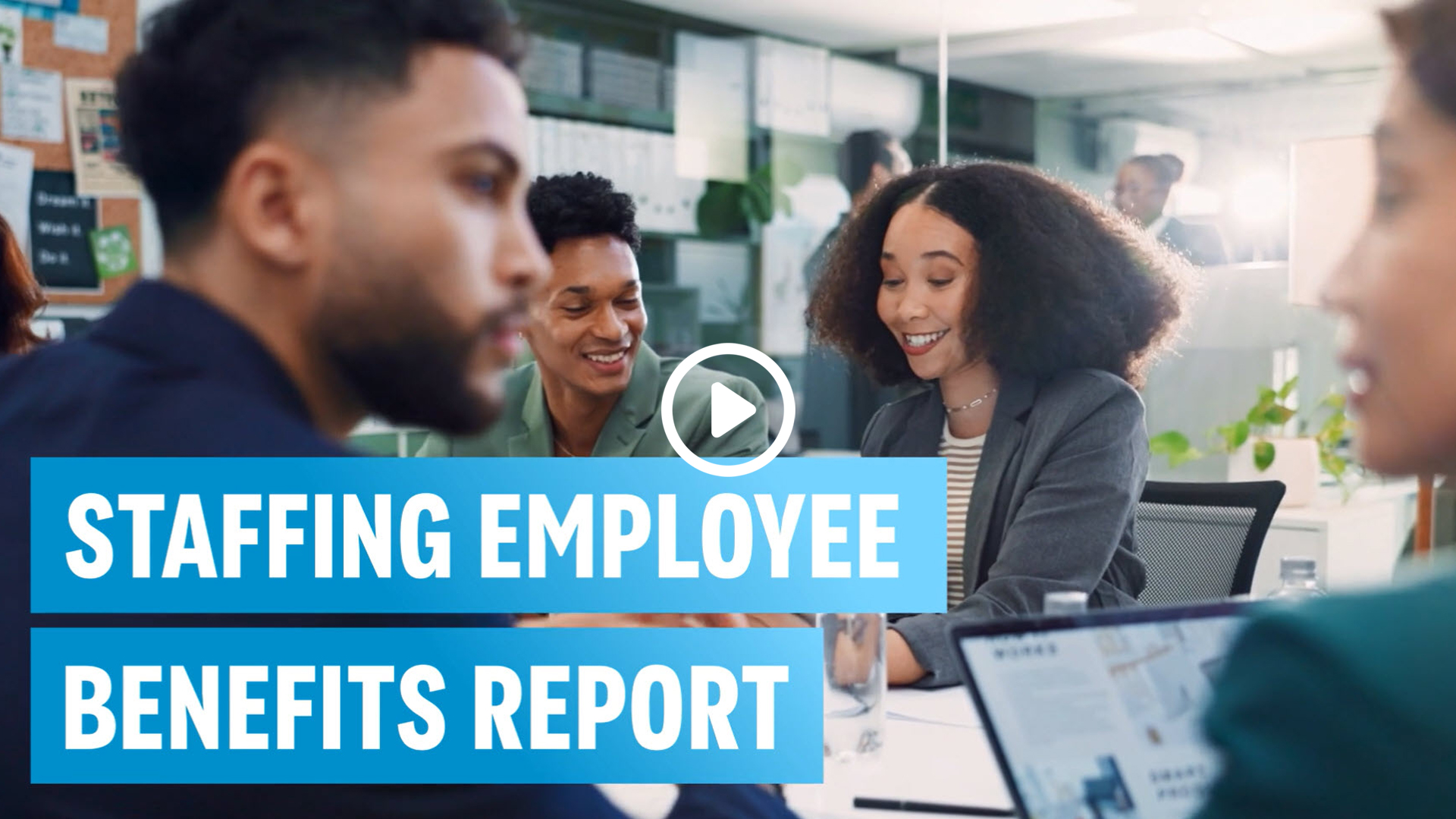 Are you aware that in the employment services industry, there is an endorsement commonly found on Commercial Automobile Liability lines that may expose firms to an unnecessary amount of risk?
Are you aware that in the employment services industry, there is an endorsement commonly found on Commercial Automobile Liability lines that may expose firms to an unnecessary amount of risk?
Auto liability lines are different from other liability lines because they are based on the specific vehicle(s) being covered, rather than broadly covering negligent acts. For staffing companies, many do not own any vehicles for their operations. Instead, they opt for coverage for non-owned automobiles (NOA) which is for incidental exposure arising from temp workers using their own vehicles or the client company’s vehicles during work duties.
Here are examples of when NOA coverage would kick in:
- If a temp staffing employee uses their own vehicle or a client company’s vehicle to run errands and an accident occurs, the temp’s personal auto policy would respond first. The staffing firm’s NOA coverage would then respond in an excess manner if the claim is large enough.
- If the temporary employee uses a vehicle owned by the client company, the client company’s auto policy would respond first, and the staffing firm’s NOA coverage would respond in an excess manner.
NOA coverage has become more expensive in recent years due to unfavorable claims histories and increased costs to repair technologically advanced vehicles, lowering profit margins for insurance carriers. The issue is further compounded when client companies request Primary & Non-Contributory (PNC) endorsements. This endorsement essentially converts the staffing firm’s HNOA coverage into primary coverage for auto claims, even though the firm does not own the vehicles. This can lead to significant increases in premiums or carriers ceasing offering this endorsement altogether.
A collaborative effort between brokers and staffing firms is needed to educate all parties on why this type of coverage may or may not be appropriate. Brokers should explain how a PNC endorsement on an NOA line may create a disproportionate amount of risk for staffing companies, and staffing firms should relay this information to prospective clients to prevent such requests from appearing in service agreements. Effective communication is crucial in addressing this issue.
Learn more about these processes and additional risk management solutions for staffing firms here.




